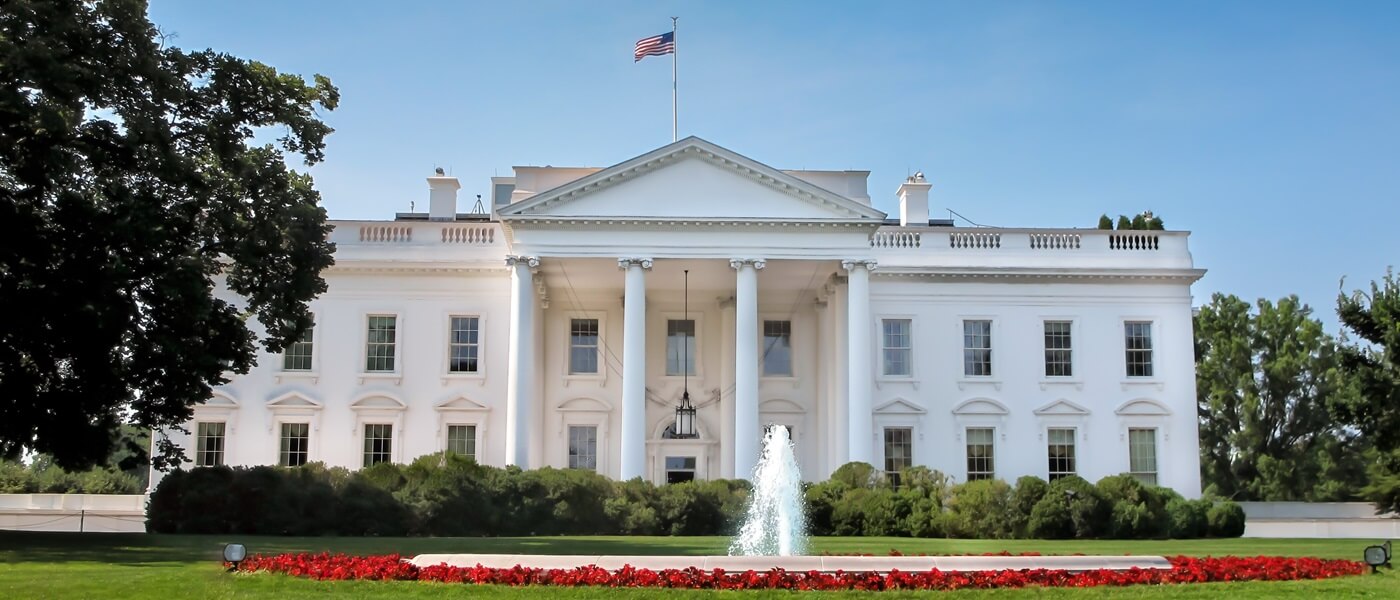The US markets have made a very notable and rapid recovery from their post Liberation Day lows in early April. The S&P 500 and Nasdaq have both made new highs, recovering more than 20% in the process. The bleak year end targets for the indices have been forgotten and the optimistic outlook restored. All looks good from an investment perspective. But is it really?
Seeking Plato’s Assistance to Manage the Soul of Investing
The US stock markets seem to be encountering a form of identity crisis, the last couple weeks, bull to bear to bull again. They could be forgiven were they afraid to look in the mirror to see which animal was peering back at them. When on a whim, utterances such as “Our discussions with them (the EU) are going nowhere!” can knock off a percent and a half and “I had a very nice call with her (Ursula Vonder Leyen)” can add two percent to the major indices, perhaps the markets have become some half bull, half bear minotaur creature of Greek mythology.
Beware of False Confidence—In the Wake of a Giant, Unfolding Economic Experiment
April has seen enormous market fluctuations following the unleashing of the White House’s tariff roll-out, roll-back. For the truly passive investor, those fortunate enough to be oblivious to not only the day-to-day fluctuations but the tweet-to-tweet market convulsions, they could be forgiven for not understanding what the fuss has all been about.
April Foolery: Dealing With Volatility in World of Tariff Fueled Anxiety
It is probably just as well that “Liberation Day” falls on April 2nd and not a day earlier, which would just add more confusion were it to share the occasion with April Fools’ Day. The past month has shown just how hard the markets have found it to work out who is fooling who, trying to figure out the impact of the raft of US tariff announcements (and stays of execution) emanating from the White House.
The Difficulty of Using Data to Make Healthy Investment Decisions in Health Care
Of all the investment sectors, health care is perhaps the most difficult one to remove emotionalism from clouding investor decision-making. Health is distinctly personally relevant, complex and is frequently couched in worry, fear and the ultimate certitude of our mortality. So, reconciling raw statistics with these feelings and fears can seem rather cold and brutal and uncaring. That said, however, the sophisticated investor should be able to step beyond the emotional and confused rationales, study the numbers and make better informed investment decisions from that standpoint.
A Bubble DeepSeeking a Pin?
One would think that those involved in innovation, above all walks of life should always be ready for… …innovation. However, shocking as it may seem, the tech giants at the forefront of AI development seemed to get blindsided by a Chinese minnow (DeepSeek) innovating a small scale, much more efficient, open source AI chatbot. Its metrics are impressive. It performed as well as, better, or close to on third-party tests of knowledge, reasoning, and particularly well on code and math, when compared to all the major AI tech companies.
Group-Unthink – Why Investors Need to Avoid Confused Analysis
Reading a recent CNBC article on how family offices investment decisions are changing with the transfer of wealth from older to younger generations1, it inadvertently touched on an issue which should be at the heart of all family office (and all sophisticated investors’) investment analysis, what we would term “Group-Unthink”.
Intel Outside™ – The Outlook for AI Chip Makers
In the world of US stocks, the past two years have been quite focused on AI. The excitement around this has been epitomized by the outsized success of NVDIA, which has seen its share price increase eight-fold over this period. During that time, we have seen NVDIA’s market capitalization increase to over $3.3 trillion as it jostles with Apple for the title of largest company in the US by market capitalization. November saw its inclusion in the Dow Jones Industrial Average. Somewhat ironically, it replaced rival chip maker Intel in the index, surely something that should foretell a tale of caution!
The Long View Beyond the US Election
With less than a week to go to the US Presidential elections the race remains a dead heat. The broader US stock markets do not appear, at least on a surface level, too perturbed by the high degree of uncertainty in the electoral outcome. At time of writing, October 29, 2024, the NASDAQ is up +2.88%, the S&P 500 up +1.22% and the DJI trailing at -0.23% month to date.
AI Brings A New Approach for Managed Futures Investors
Artificial intelligence having captured the investment world’s imagination is facing a crunch moment to prove its worth. Does it do what it claims it does, faster, better, more accurately etc. This is not an unfamiliar issue for us at Plotinus. It is one thing to innovate and create a different way of gaining trading insights by using AI, but ultimately the only relevant question is, does it work. To this end we will look Plotinus’ area of focus, short-term directionality in the futures market and compare it with some established short-term Managed Futures programs.
- 1
- 2
- 3
- …
- 8
- Next Page »











